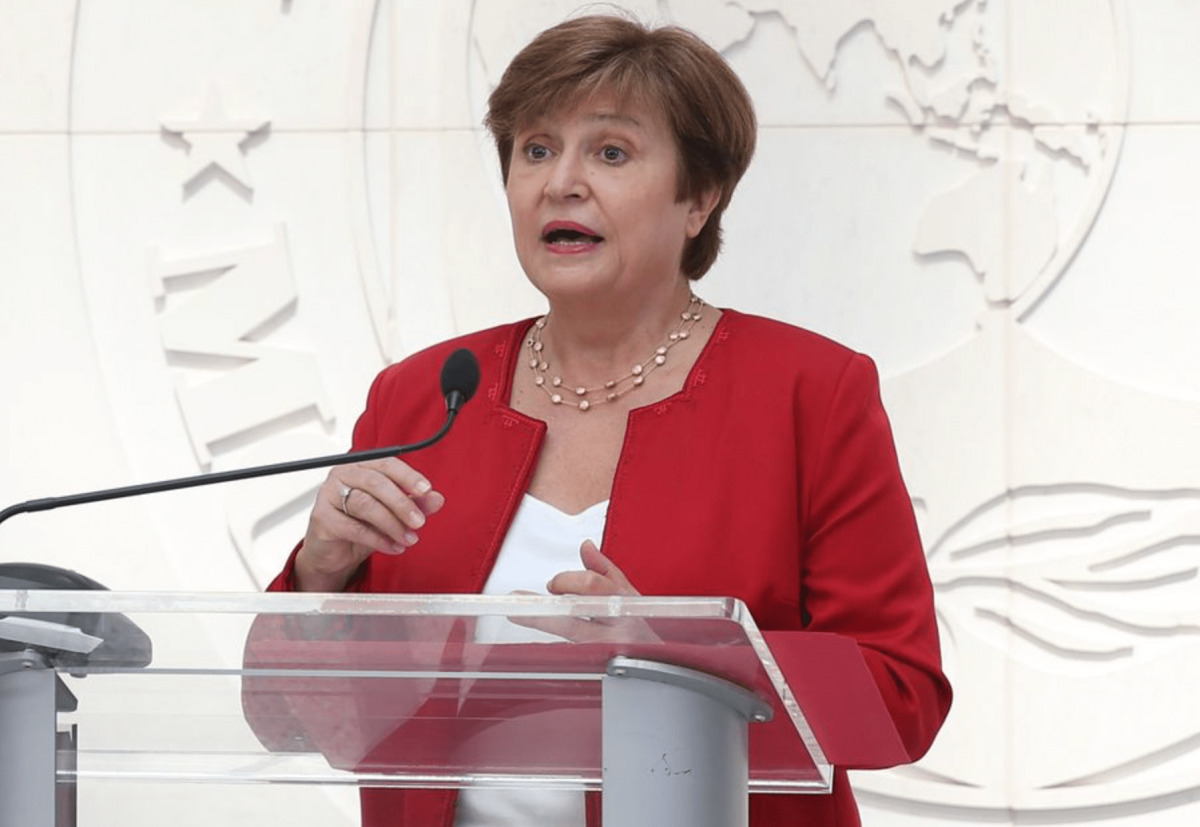There are no products in your shopping cart.
| 0 Items | £0.00 |


INTERNATIONAL Monetary Fund (IMF) officials have approved Nigeria's request for a $3.4bn loan to help ameliorate the effects of the dreaded coronavirus pandemic that has led to economic collapse.
On April 6, Nigeria's finance minister Zainab Ahmed, had applied for the loan to help fund the government's 2020 budget after doing so from oil proceeds became impossible. Nigeria's 2020 budget was set at $28.8bn but this was predicated on the country selling 2m barrels of oil at day at a price of $57 a barrel.
With the total collapse in the global oil economy as a result of the spread of the coronavirus pandemic, prices have collapsed to below $10 a barrel and Nigeria is struggling to find any buyers for her petroleum. Nigeria's four export terminals are stacked with barrels of oil that cannot be sold and shipping tankers have had to return to port because nobody wants their cargo.
Faced with an impossible scenario, Mrs Ahmed asked for a loan so the government can at least continue functioning and salaries can be paid. Although the loan request has been approved, the funds are expected to arrive within six to 12 weeks of the original request date.
Mrs Ahmed said the other options to mobilise financial support to the country’s economic stimulus fund included a $2.5bn credit facility from the World Bank, and another $1bn from the African Development Bank. Yesterday, the IMF executive board gave approved the loan to Nigeria under the Rapid Financing Instrument to support the government’s efforts to address the devastating impact of Covid-19.
It is the single largest aid for any African country facing the pandemic, as the fund had earlier approved $1bn for Ghana. According to the IMF, the Covid-19 outbreak has magnified existing economic vulnerabilities, leading to a historic contraction in the economic growth of most countries and to large extent their external and fiscal financing needs.
Its board said the approval was based on the country’s special drawing rights under the Rapid Financing Instrument. Noting that the near-term economic impact of Covid-19 is expected to be severe, the board said Nigeria’s economic condition was already facing high risks from external headwinds from rising external vulnerabilities and falling per capita gross domestic product (GDP) levels.
The impact of the pandemic, coupled with the sharp drop in crude oil prices at the international oil market, worsened the country’s vulnerabilities, leading to a historic decline in growth and large financing needs.
Mitsuhiro Furusawa, the deputy managing director of the IMF's executive board, said: “The IMF remains closely engaged with the Nigerian authorities and stands ready to provide policy advice and further support, as needed. The Covid-19 outbreak, magnified by the sharp fall in international oil prices and reduced global demand for oil products, is severely impacting economic activity in Nigeria.
“These shocks have created large external and financing needs for 2020. Additional declines in crude oil prices and more protracted containment measures would seriously affect the real and financial sectors and strain the country’s financing."
Mr Furusawa urged the government to ensure that once the Covid-19 crisis was over, its focus should remain on medium-term macroeconomic stability, with revenue-based fiscal consolidation essential to keep Nigeria’s debt sustainable. Also, the IMF advised the Nigerian government to create fiscal space for priority spending on infrastructures to strengthen the economy.